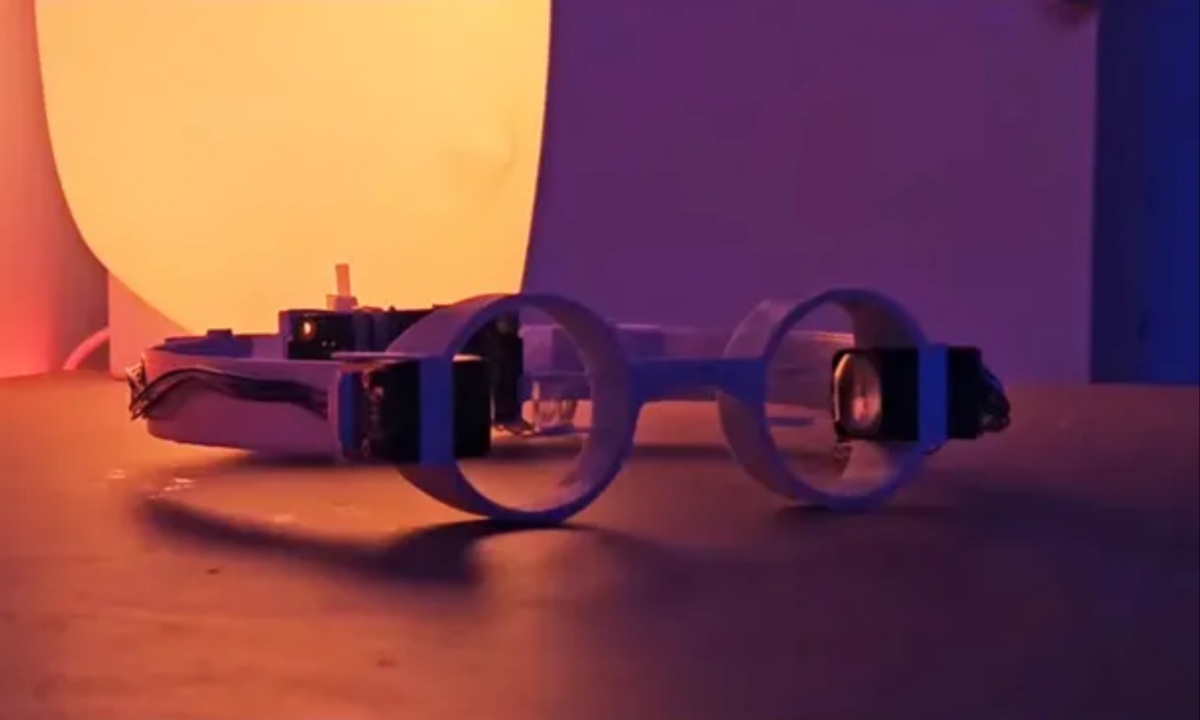Silicon Valley’s tech giants, including Meta and Apple, are heavily invested in creating advanced AR glasses, with prototypes in development. However, mainstream designs have generally kept DIY enthusiasts out, focusing on complex, often bulky designs that depend on external hardware.
In contrast, indie designer Miroslav Kotalík has developed an innovative pair of AR glasses called “Zero,” built around a compact Raspberry Pi Zero, which may be more practical and accessible than most commercial options. Kotalík plans to release development kits for a second-generation version, allowing others to build and customize their own AR wearables.
The Zero AR glasses are distinctive for their all-in-one design that doesn’t rely on an external battery or processing unit, using only a Raspberry Pi Zero. Kotalík’s dissatisfaction with traditional AR glasses, which he found uncomfortable and reliant on tethered connections, inspired him to create a lighter and more ergonomic design. His goal was to make a self-contained, comfortable device, ultimately creating a pair of AR glasses that feels more natural to wear.

Zero’s current features include a “minimap” for navigation and instant translation capabilities, even though the glasses are still in the prototype stage. Kotalík initially experimented with Arduino but opted for a Raspberry Pi Zero to handle the necessary web-based processing. The design reflects a retro-futuristic aesthetic, with rounded goggle-like frames that position the optics near the hinges, avoiding the cluttered look of standard AR glasses. These design choices help balance the glasses for comfortable, everyday wear.
A unique aspect of Kotalík’s design is the custom-built optics system he developed at home, a feat not commonly attempted by DIY creators. Using a free online ray-tracing tool, he fine-tuned the shape of the lenses to project images effectively. After several attempts using different materials, he achieved clarity with transparent resin lenses cast in 3D-printed molds. This homemade approach highlights his commitment to keeping costs low while achieving functional AR displays.
Kotalík’s upcoming version, Zero 2.0, is set to include enhanced features like a broader field of view, a longer battery life, improved optics, and potential AI capabilities through hand-tracking cameras and microphones. This version aims to compete with larger commercial models, supporting popular web apps like Spotify and Instagram.
While pricing is still uncertain, Zero 2.0 will likely be priced between $250 and $450, and Kotalík has created a waitlist for those interested. If successful, Zero 2.0 could make AR technology more accessible to consumers outside the typical tech industry circles.







Leave a Reply